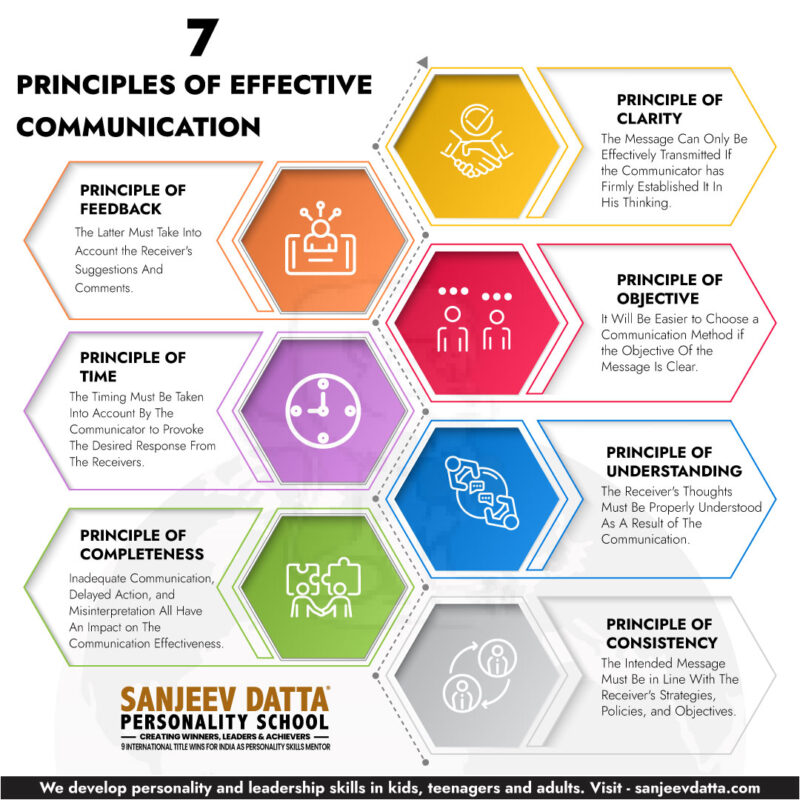In today’s interconnected world, the benefits of intercultural competence, are vast and significant. Intercultural competence has become increasingly important. As individuals and organizations engage with people from diverse cultural backgrounds, the ability to effectively navigate cultural differences has become a valuable skill. In this article, we will explore the benefits of developing intercultural competence, both in terms of personal growth and professional success.
They develop a global mindset and appreciation for diversity, fostering empathy and understanding for different cultures. Intercultural competence also opens doors to career advancement, as employers increasingly value individuals who can effectively navigate cultural differences and work in diverse teams.
It contributes to business and organizational success by creating inclusive work environments, promoting collaboration, and improving decision-making. To capitalize on these benefits, individuals should consider investing in personality grooming classes or seeking guidance from top soft skills coaches who specialize in intercultural competence.
Understanding Intercultural Competence

The capacity to engage and communicate effectively with people from various cultural backgrounds is referred to as intercultural competence. It involves a combination of skills, knowledge, attitudes, and behaviors that enable individuals to understand, appreciate, and adapt to diverse cultures.
By nurturing intercultural competence, individuals become more equipped to navigate cultural complexities and foster inclusive relationships. It starts with cultural awareness, which involves recognizing and appreciating one’s cultural values and biases, while also acknowledging and respecting the diversity of other cultures.
Having an open-minded and curious attitude is important, as it allows individuals to learn from and about different cultures, fostering empathy and respect. Effective communication plays a vital role in intercultural competence, requiring adaptability, active listening, and an understanding of cultural nuances.
Flexibility and adaptability are essential to navigate cultural norms and practices, while conflict resolution skills help address misunderstandings. Cultivating cultural knowledge and ongoing learning further enhance intercultural competence.
By developing these skills and attitudes, individuals can foster inclusive environments, build strong relationships, and contribute to a more connected and understanding global society.

Intercultural competence contributes to more inclusive societies, fosters mutual respect and understanding, and enables individuals to effectively navigate the complexities of our increasingly globalized world.
Benefits of Intercultural Competence
- Personal Growth and Awareness:

Developing intercultural competence leads to personal growth and heightened self-awareness. Through exposure to different cultures, individuals gain a better understanding of their own cultural biases, assumptions, and values. This self-reflection fosters a broader worldview and allows individuals to challenge their perspectives. Consequently, they become more open-minded, adaptable, and culturally sensitive.
Visit: how to be open minded
2. Enhanced Communication Skills:

Learning how to communicate effectively across cultures is essential for building strong relationships. Personality grooming classes can teach you techniques to improve your verbal and nonverbal communication, active listening, and empathetic response. Intercultural competence improves communication skills across cultural boundaries. They develop greater sensitivity to cultural nuances and adapt their communication approach accordingly.
3. Cultural Adaptability:

Intercultural competence equips individuals with the skills to adapt to new cultural environments. Whether in personal or professional settings, individuals who possess intercultural competence are better at adjusting their behavior, expectations, and norms to respect and accommodate other cultures. This adaptability leads to smoother transitions during travel, study abroad, and relocation experiences. Joining personality grooming classes can help you in improving adaptability skills.
4. Global Mindset and Appreciation for Diversity:

Intercultural competence nurtures a global mindset and appreciation for diversity. By engaging with individuals from different cultures, individuals gain insights into different worldviews, perspectives, and ways of life. This exposure fosters empathy, respect, and understanding of cultural differences. It broadens individuals’ horizons and deepens their sense of global citizenship. Enhance your self-esteem, refine your communication, and radiate charisma through our expert-tailored personality development training programs.
5. Career Advancement:

Intercultural competence has become a sought-after skill in the job market. Employers increasingly value individuals who can effectively work in diverse teams and communicate with clients and partners from different cultural backgrounds. By demonstrating intercultural competence, individuals enhance their employability and open doors to international career opportunities.
6. Business and Organizational Success:

Intercultural competence contributes to the success of businesses and organizations operating in a globalized world. Organizations that prioritize intercultural competence foster inclusive work environments, where diversity is valued and employees can thrive. It enables effective collaboration, innovation, and problem-solving within diverse teams, resulting in improved productivity and better decision-making.
Visit: importance of respect in workplace
7. Conflict resolution and negotiation:

Leadership often involves managing conflicts and negotiating win-win solutions. A top soft skills coach can guide conflict resolution techniques, such as active problem-solving, empathetic listening, and consensus-building, empowering you to resolve conflicts and foster positive relationships within your team.
Conclusion
In a world that is becoming increasingly interconnected, the benefits of developing intercultural competence cannot be overstated. Its impact goes beyond personal growth, extending to professional success and organizational effectiveness. By nurturing intercultural competence, individuals become culturally sensitive, effective communicators, and adaptable in diverse settings. This skill set enables individuals to navigate cultural differences, build inclusive relationships, and embrace diversity.
Organizations that value and promote intercultural competence create thriving and globally competitive environments. To unlock these advantages, individuals should consider investing in personality grooming classes or seeking guidance from top soft skills coaches who specialize in intercultural competence.
By cultivating the benefits of intercultural competence, individuals can broaden their horizons, foster meaningful connections with people from diverse backgrounds, and contribute to a more inclusive and harmonious global society.
Why Sanjeev Datta Personality School?
- INTERVIEW TRAINING
- Leadership
- Presentation Training
- Social Boldness
- Dressing Etiquette
- Office Etiquette
- Communication Skills
- English Speaking
- Anger Management
- Time Management
- Team Building
- Performance Enhancer
- Soft Skills
- Goal Setting
- Career Counselling
- Student Subject Choice Counselling
- Listening Skills
- Video Presentation
- Meditation
For more details, contact us now!


